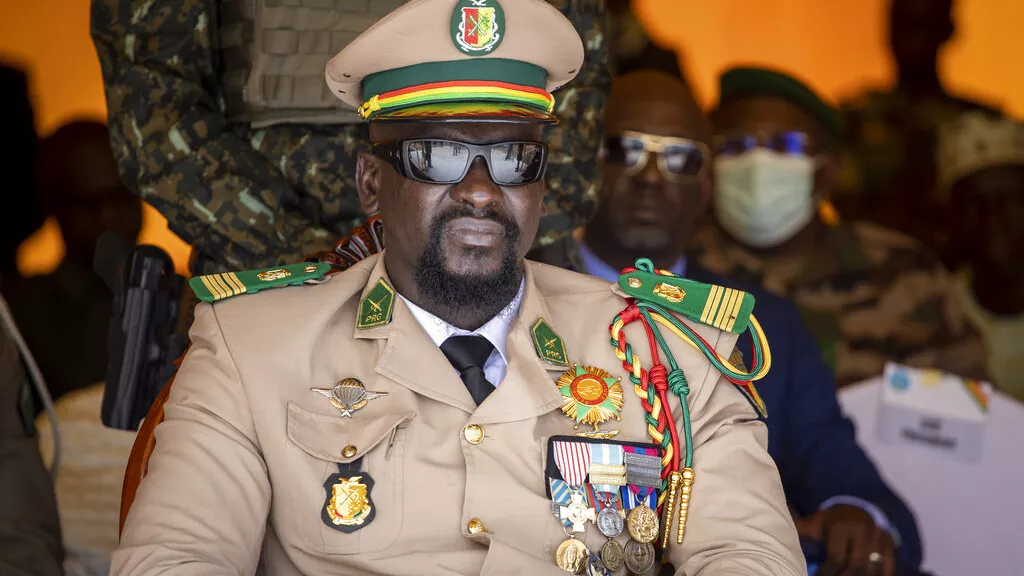Guinean authorities dissolved dozens of political parties and placed two major opposition parties under observation late Monday, as the transitional government has yet to announce a date for elections.
The West African country has been ruled by a military regime since soldiers ousted President Alpha Conde in 2021. The West African regional bloc, known as ECOWAS, has pushed for a return to civilian rule and elections are scheduled for 2025.
The mass dissolution of 53 political parties and the mandatory surveillance of 54 others for three months are unprecedented in Guinea, which held its first democratic elections in 2010 after decades of authoritarian rule. The Ministry of Territorial Administration and Decentralization announced the measures based on an assessment of all political parties that began in June. The assessment was aimed at “cleaning up the political scene,” according to the ministry.
The 67 parties that will be under observation for three months can operate normally but must resolve irregularities noted in the report. These parties include the Rally of the Guinean People , the party of former President Alpha Conde, and another major opposition party, the Union of Democratic Forces of Guinea .
Authorities said the parties under observation failed to hold their congresses on time and failed to provide bank statements, among other things.
Guinea is among a growing number of West African countries, including Mali , Niger and Burkina Faso , where the military has seized power and delayed a return to civilian rule. Earlier this year, Burkina Faso’s military junta extended its transitional mandate by five years.
Colonel Mamadi Doumbouya , who rules Guinea, overthrew the president three years ago, saying he was preventing the country from descending into chaos and blaming the previous government for failing to deliver on its promises.
However, since he came to power, some have criticized him for not being better than his predecessor. In February, the military leader dissolved the government without explanation, saying a new government would be appointed.
Mamadi Doumbouya rejected attempts by the West and other developed countries to intervene in Africa’s political challenges, saying Africans are “exhausted by the categorisations that everyone wants to pigeonhole us with” .
